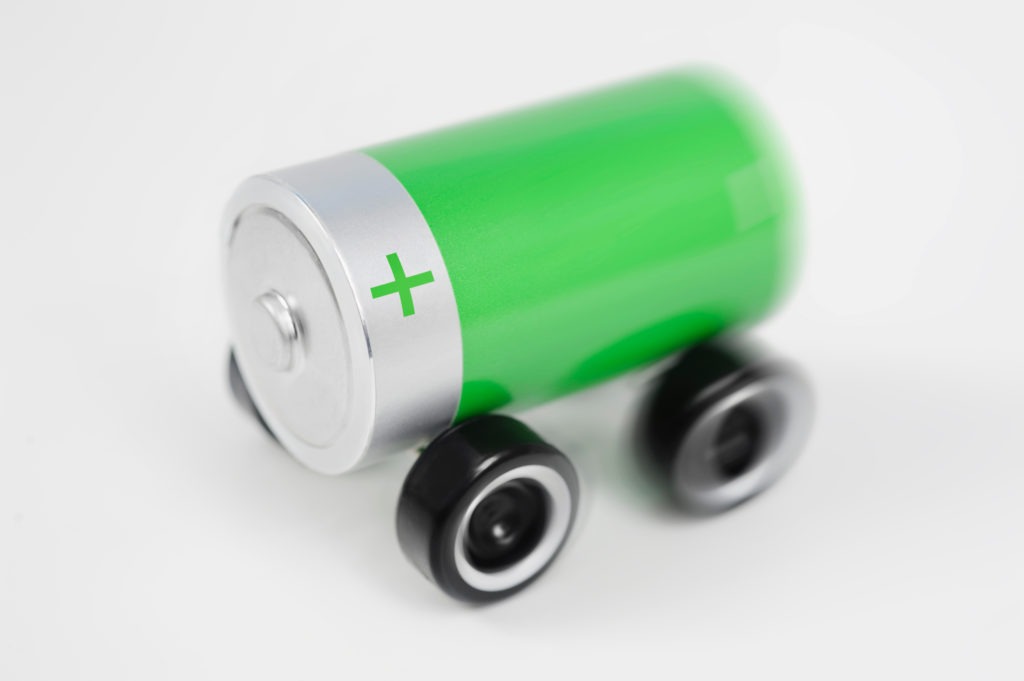Continental considering European move for solid state EV battery development
30 November 2017

30 November 2017
Vehicle technology company Continental is considering investing in battery production to compete with Asian and US manufacturers.
The company is specifically interested in the development and production of solid state batteries, which when married with an electric vehicle (EV) will produce a longer range than conventional lithium ion batteries. This would give the EV market a boost, with many consumers wary of investing in the technology due to concerns about their range.
′We could well imagine getting into the production of innovative batteries. That also goes for producing battery cells,’ CEO Elmar Degenhart told Automobilwoche. He added that production of solid state batteries would likely begin in 2024 or 2025.
If Continental decides to invest in battery production, it would open three factories, one in Europe, one in North America and another in Asia, so that production would be close to customers.
Germany would be out of the question as a location due to its high electricity prices, Degenhart said. He noted that LG and Samsung were building smaller battery factories in Poland and Hungary, where electricity is 50% cheaper.
Although European automakers assemble battery packs for electric cars, the region has no significant player in battery cells, the essential building blocks for the batteries that are now mostly made in Asia. The market is dominated by Japanese firms Panasonic and NEC, Korea’s LG and Samsung and China’s BYD and CATL, as well as Tesla in the US.
Degenhart said he would aim for a consortium to share the cost. An investment of €3 billion would be needed for plant that could supply around 500,000 electric cars a year, he said.
Toyota is currently developing solid state batteries for use in its own electric vehicles and has decided to keep the technology in-house, despite working with Denso and Mazda to develop a new architecture for EVs.
Toyota EVs with solid-state batteries are expected to launch early in the next decade. The batteries are based on lithium ion technology but can operate at a higher temperature than current lithium ion batteries. They do not require cooling and thus are much smaller.
Executive vice president Didier Leroy believes Toyota is the leader in solid-state battery technology in terms of intellectual property. He sees them as a ′game-changer’ with the potential to dramatically improve driving range. Toyota has more than 200 engineers working on this technology, Leroy said.
Kiyotaka Ise, Toyota’s chief safety technology officer, added: ′With solid-state, we hope to increase battery density by around 50% compared with a same-sized lithium-ion cell. Another advantage of solid-state would be halving recharging times compared with current lithium ion batteries. The cost won’t be much different from lithium ion because the solid-state battery cells Toyota is working on are based on the same technology.’